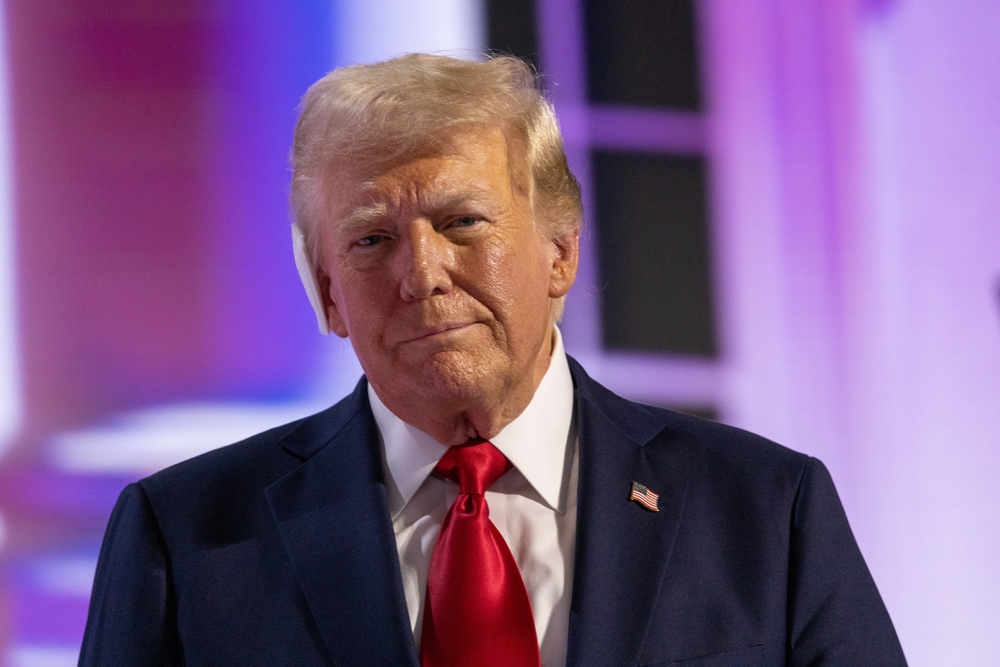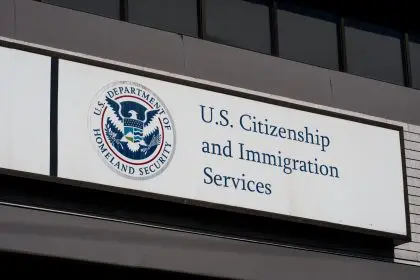A new federal watchdog report has sparked controversy in Washington, as the Trump administration slams the Federal Reserve over its ballooning renovation costs and rising internal deficits. The criticism marks a rare public confrontation between the executive branch and the traditionally independent central bank.
According to the report, the Fed’s ongoing headquarters renovation has now reached an estimated $2.5 billion — more than double its original budget, raising serious questions about fiscal management at the institution responsible for the nation’s monetary policy.
Staggering cost overruns
Critics say the project, overseen under Chair Jerome Powell, reflects a growing pattern of financial mismanagement at the nation’s central bank. What began as a $1.2 billion modernization effort has spiraled into a massive expenditure that has drawn attention from across the political spectrum.
The renovation of the historic Marriner S. Eccles building in Washington, D.C. began under Powell’s tenure and was intended to modernize outdated infrastructure and expand office space for a growing workforce. However, cost overruns, design changes, and inflation in construction materials have contributed to the dramatic budget increase.
The Fed has not publicly responded in detail to the updated estimates, but internal memos suggest the agency is reviewing next steps to address the financial situation.
Trump administration joins the rebuke
In a rare and very public rebuke, officials within the Trump administration joined Republican lawmakers in blasting the Fed for what they call “tone-deaf” spending at a time when Americans are facing rising interest rates, inflation pressure, and housing insecurity.
“While everyday Americans are cutting back, the Fed is greenlighting billion-dollar renovations and running up operational losses,” a senior Trump official told reporters. “It’s unacceptable.”
The administration’s criticism adds to growing calls for transparency and fiscal accountability from both sides of the aisle. This public confrontation represents an unusual escalation in tensions between the executive branch and the Federal Reserve, which typically maintains independence from political interference.
The timing of the criticism is particularly significant, coming as the Fed faces scrutiny over its handling of inflation and interest rate policies that directly affect American consumers and businesses.
Operational losses raise additional concerns
The spending report also flagged a growing operational deficit within the central bank — a result of increased interest payments to commercial banks and higher internal costs tied to monetary tightening efforts. These operational challenges compound concerns about the Fed’s overall financial management.
Lawmakers are now raising concerns about whether the Fed’s financial practices align with its public mission and responsibility to maintain economic stability. The operational losses represent an additional burden on an institution already facing criticism over its expensive renovation project.
The combination of soaring renovation costs and operational deficits has created a perfect storm of fiscal accountability questions that threaten the Fed’s credibility.
Congressional pressure mounts
Congressional hearings are expected to follow in the coming weeks, with some lawmakers pushing for legislation to limit the Fed’s autonomy on capital projects and require tighter budget oversight. The bipartisan nature of the criticism suggests the Fed may face significant political pressure to reform its spending practices.
The calls for investigation represent a broader challenge to the Fed’s traditional independence and raise questions about appropriate oversight of the central bank’s operations.
Political implications for Powell
This clash places Fed Chair Jerome Powell under fresh scrutiny at a time when the central bank is already navigating intense political pressure over its handling of inflation, interest rates, and recession risks. The renovation controversy adds another layer of complexity to Powell’s leadership challenges.
It also raises questions about whether the Fed can remain above politics as its decisions increasingly affect Main Street wallets and Wall Street balance sheets alike. With a presidential election looming and economic policy front and center, the Fed’s fiscal choices are no longer flying under the radar.
The controversy threatens to undermine public confidence in the institution at a critical time when economic credibility is essential for effective monetary policy implementation.
Broader institutional credibility at stake
Public trust in the institution is taking a hit as the controversy unfolds. As one commentator noted: “When the agency that sets interest rates can’t manage its own budget, that’s a problem.” This sentiment reflects growing public skepticism about government financial management across all levels.
The Fed’s spending controversy comes at a time when Americans are particularly sensitive to government waste and fiscal irresponsibility. The perception of excessive spending on headquarters renovation while ordinary citizens struggle with inflation creates a damaging narrative for the central bank.
What comes next
In the meantime, the Fed faces mounting pressure to provide detailed explanations for the cost overruns and operational deficits. Transparency advocates are calling for full disclosure of all renovation expenses and a comprehensive review of the project’s management.
The controversy also raises broader questions about governance and accountability at independent federal agencies. Critics argue that independence shouldn’t mean immunity from fiscal responsibility or public scrutiny of spending decisions.
Long-term consequences
The Fed’s spending controversy could have lasting implications for its relationship with Congress and the executive branch. Future oversight measures may limit the central bank’s operational autonomy and require more stringent budget controls for major expenditures.
The Fed’s $2.5 billion renovation cost overrun has created a political firestorm that threatens the central bank’s credibility and independence. With both the Trump administration and Congress demanding accountability, the Federal Reserve faces unprecedented pressure to justify its spending while maintaining its crucial economic policy functions.
















